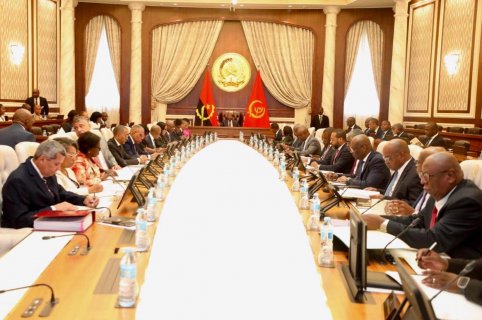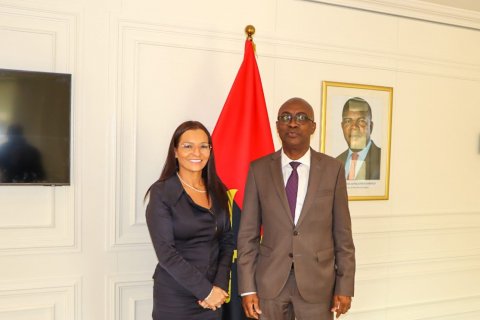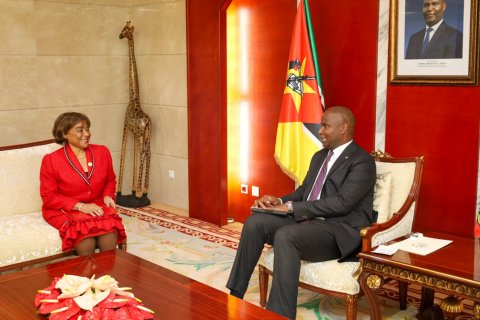The IMF's findings were released after a post-financing review mission led by Mika Saito, which took place between May 6 and 12, which will prepare a report that is expected to be discussed by the IMF's Executive Board in July 2025.
The IMF highlights that Angola's economic growth in 2024 was “robust”, reaching 4.4 percent, driven by increased oil production and the recovery of the non-oil sector, but warns that future prospects have deteriorated, generating risks, due to the fall in oil prices and restrictive conditions for external financing.
“Consequently, the preliminary growth projection for 2025 was revised downwards, from 3 to 2.4 percent, at the time of the 2024 Article IV consultation [bilateral consultation process that the IMF carries out with its member countries to analyze the evolution of the country's economy and economic policies], with inflation expected to continue to decline gradually,” the IMF said.
The downward revision of the economic outlook “also poses risks to fiscal performance,” the institution said in a statement.
The IMF team adds that it is “confident” in the authorities’ determination to “count emerging risks and identify mitigation measures essential to preserve macroeconomic stability and debt sustainability, while protecting the most vulnerable and growth dynamics.”
Post-Financing Reviews (PFAs) are designed for countries to which the IMF has lent money but which are no longer under a Fund program and aim to assess the country's policies, whether the country's economy is stable and sustainable, and whether the member country has the capacity to repay the Fund.







